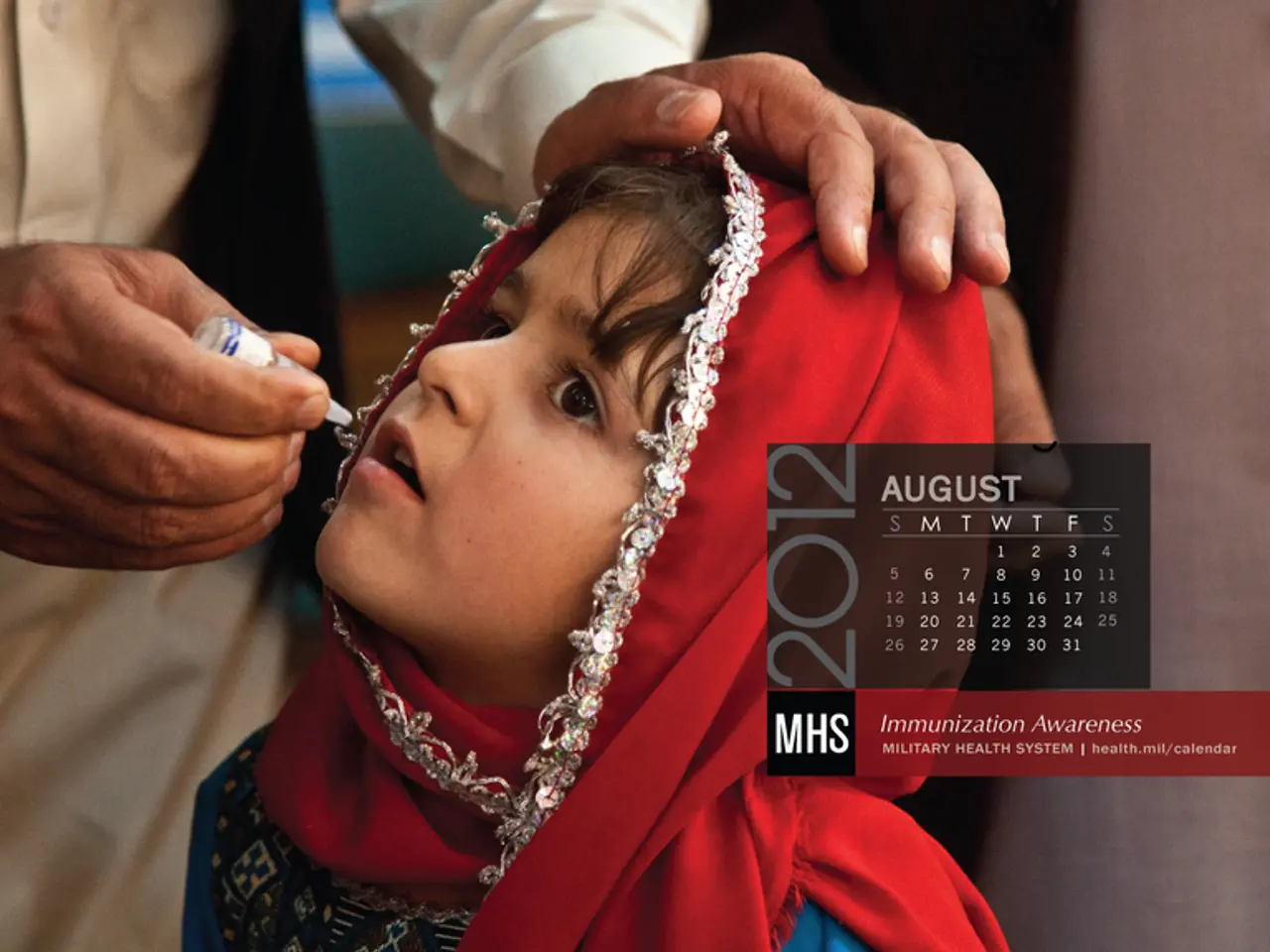A conflict revolving around healthcare matters that may significantly reshape the health landscape in the U.S.
The United States is currently witnessing a significant shift in its public health landscape, with vaccine policies and politics playing a central role.
The controversy began when Susan Monarez, appointed as the CDC director, was dismissed by U.S. Health Minister Robert F. Kennedy Jr. after just a month in the job. Monarez was let go for refusing to follow Kennedy's orders to fire health experts and for not aligning with the president's agenda, particularly in regards to vaccination policy. This dismissal followed a dispute over vaccination policy and Monarez's resistance to politically motivated decisions at the CDC.
Since then, several senior figures at the Centers for Disease Control and Prevention have resigned, indicating ongoing turmoil in public health. The people overseeing the COVID response, including masking and school closures, are also expected to leave their positions.
The federal government, under Kennedy's leadership, has rolled back vaccine recommendations and reshaped advisory committees with sceptics. This move has sparked a heated debate about childhood immunizations, with some viewing it as a proxy war about trust, freedom, and the role of government in public health.
The debate has become even more polarized with statements from Florida's Surgeon General Joseph Ladapo, who compared vaccine mandates to "slavery". His comparison highlights the intense emotions and strong opinions that surround this issue. Ladapo's religious reference to the body as a gift from God also reflects a personal and spiritual perspective on vaccine decisions.
On the other side of the spectrum, Democratic Senator Elizabeth Warren accused Kennedy of putting American babies' health at risk during a heated committee hearing. Senator Raphael Warnock described Kennedy as "a hazard to the health of the American people."
The fragmented public health system in the United States has further complicated the situation. Americans' access to vaccines and the rules governing them depend on where they live. States have responded along ideological lines, with Florida planning to abolish all vaccine mandates, while California, Oregon, and Washington have formed a "Health Alliance" to safeguard vaccines.
The debate about vaccine mandates is redefining public health in the U.S., with some states taking drastic measures to promote or restrict vaccinations. This polarization has led to a situation where the country's approach to vaccines varies significantly from one state to another.
Robert F Kennedy Jr.'s claim that America has done "worse than any country in the world" in terms of COVID deaths has added fuel to the fire. Under Kennedy's leadership, America has seen deaths of children from measles, a phenomenon not seen in two decades.
This divisive situation raises important questions about the role of government in public health, the balance between individual freedom and collective responsibility, and the impact of politics on science and health policies. As the debate continues, it is crucial to ensure that evidence-based decisions guide public health policies for the benefit of all Americans.
Read also:
- ICE directed to enhance detention conditions following NYC immigrants' allegations of maltreatment
- Israeli finance minister issues warnings about potential annexation of West Bank territories
- United States faces rebuttal from South Africa over allegedly deceitful human rights report and assertions of land expropriation
- Accident at Rodalben Results in Injuries; Geoskop Area near Kusel Affected After Stormy Weather








